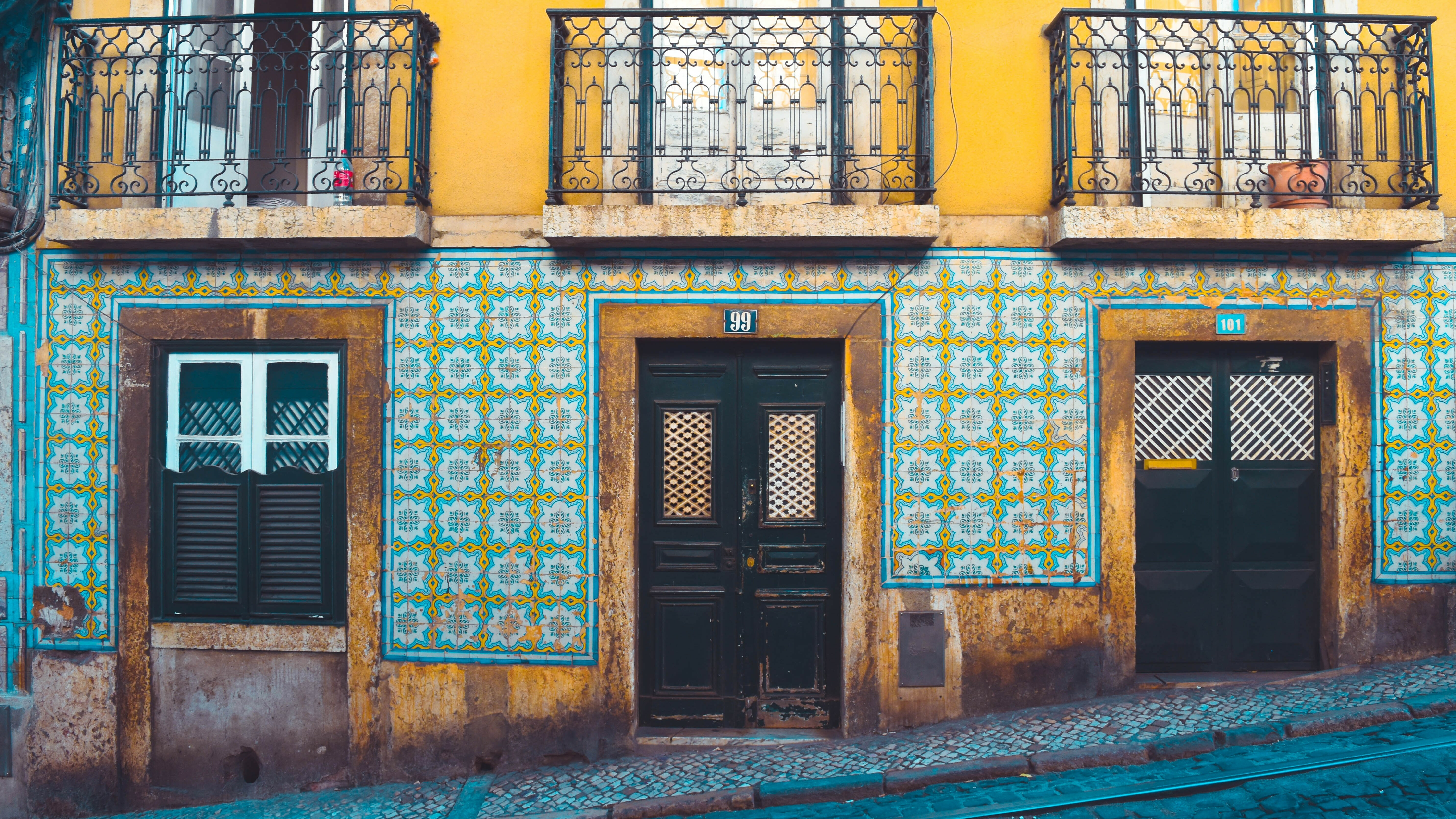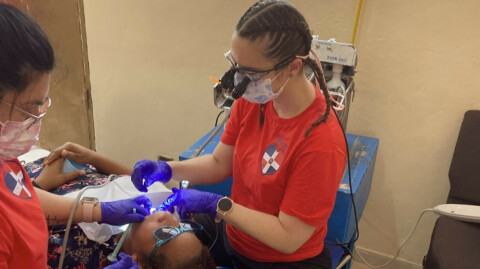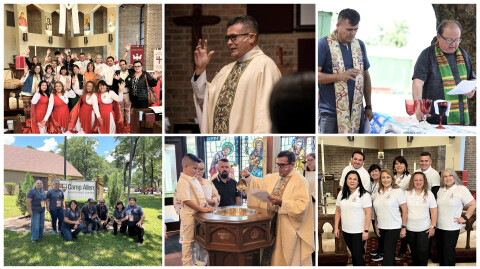TLDR: Saudade is often described as “the state of mind of the Portuguese way of life.” Please read below for a more full definition and a typical folktale of Saudade.
Saudade is a difficult concept to explain, and perhaps the easiest way to get to its meaning is by telling you what it is not. Saudade is not just nostalgia, which is seldom a permanent condition or a way of being. Nostalgia is the yearning for the happiness that was felt at a time and place, or with a specific person or group. It is usually brought about by a situation in the present that brings back intense memories of the past. But it tends to be transitory or short-lived. Saudade is also not depression, which by definition includes prolonged feelings of gloom, loss of interest in things that used to be pleasurable, and a disturbance in various areas of our daily life: Appetite, energy level, libido, sleep, self-conception, etc. Saudade is not an illness or a condition from which people seek remedy, which means that it is wrong to believe that it leads to emotional paralysis, laziness, alcoholism, or lack of motivation.
Commonly referred to as the “The state of mind of the Portuguese way of life,” Saudade can be seen as a constant celebration of the life lived before an event has taken place and the constant assessment of the way in which that event has affected and continues to affect our present life. According to my friends at Wikipedia, the Dicionário Houaiss da Língua Portuguesa defines saudade as "A somewhat melancholic feeling of incompleteness. It is related to thinking back on situations of privation due to the absence of someone or something, to move away from a place or thing, or to the absence of a set of particular and desirable experiences and pleasures once lived." Another well-known definition by The Dictionary from the Royal Galician Academy defines it as an "intimate feeling and mood caused by the longing for something absent that is being missed. This can take different aspects, from concrete realities (a loved one, a friend, the motherland, the homeland...) to the mysterious and transcendent."
Saudade is a profound marriage of celebratory remembering and sad acknowledgement that something is missing (and may always be missing) from our lives. We celebrate what was, bringing to the present the memories of what was lost, but we also allow ourselves the wistful sighs that come from knowing life is irreparably different now. Ironically, although there is considerable sadness in Saudade, the Portuguese draw energy from this celebrating and remembering. Energy that allows them to be more appreciative of the little moments and the people in their lives. Saudade allows their past to come into the present to mold it and to fill them with resolve to be more fully present in the moment. Saudade boldly says, “I will not forget. I will challenge myself to remember both the good and the bad. I will allow memory to help me create good in the present and to help me forgive the pain of the past.”
Let me tell you a story about Saudade. There was a man who felt something of great significance was missing in his life. He had a heart filled with memories, but a void remained. He had loved and had been loved, and he still carried great memories of that love in his heart. He had gained and had lost, and both the gains and the loses had made him the man he was. He had suffered the ecstasy and the pain of longing and his heart was still filled with desire. But something was missing, and he decided to travel all over the world to find out how people lived their lives and where they found meaning. He travelled through Asia, Africa, and South America learning much from the people he encountered along the way. One dark night, in the heart of Winter, the traveler arrived on the coast of Portugal. It was too late to find lodging in the town, so he decided to sleep in the fields. After some searching, he found a long smooth stone and he fell quickly asleep. When he woke up in the morning, he realized that the smooth stone was a gravesite in a large cemetery. He walked from plot to plot reading the inscriptions on the headstones: Mike S., 14; George P., 9; Luisa G., 19; Carlos R., 11; María L., 16. The man became instantly aware that he had stumbled upon a children’s cemetery.
After spending almost an hour walking the holy grounds, the man met the caretaker and engaged him in conversation. “Can you tell me when all these children died?” The caretaker gave the visitor a wide smile and said, “You must be new to our lands. These are not children. In this village we have a tradition that is taught to us since we are children. Each of us is given a diary at infancy in which we mark the dates of all moments of intense delight in our life. Moments of intense delight include both joy and sadness. For example, you graduate high school and know you will be moving across the country for college. You delight in the accomplishment, but also feel the grief of leaving family and friends behind. Both the joy of graduating and the pain of moving on are part of the same moment of intense delight. Your wife of fifty years dies and you grieve deeply, but you are also filled with deep gratitude for fifty years of happy memories. Both the loss of the spouse and the happy memories of a life together form part of that moment of intense delight. In any way, we write all these moments of intense delight in our journals: First kiss, wedding day, birth of children, death of parents, etc. When one of us dies, we review these small books and we count the moments of intense delight in the person’s diary. That is the number we place on the tombstone. For us, our age is of less importance than the intense delight with which we live our lives.” It was there at that lonely cemetery that the traveler discovered what was missing in his life.
When Jesus of Nazareth reminds his hearers to be ready, be prepared, have enough oil in their lamps, be light, be salt, love as God loves, engage in their Lord’s business, care for the least and the lost, and forgive seventy times seven, he is inviting them to be fully present in life, to show up fully in every moment, to live authentically and with integrity. I see a connection between these directives and the story of our traveler. I pray that a profound relationship with God be the greatest moment of intense delight in the journal of your life. I pray that our life together at Saint Dunstan’s may be one of those moments of intense delight as well.
May God continue to bless you,
Fr. Roman+





